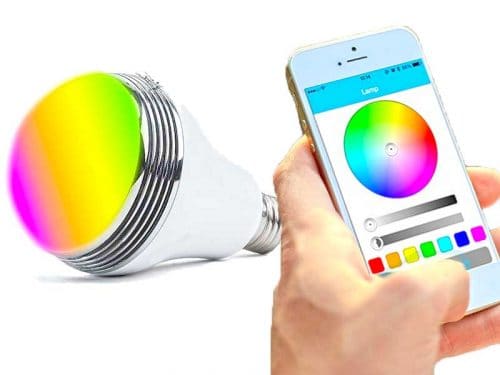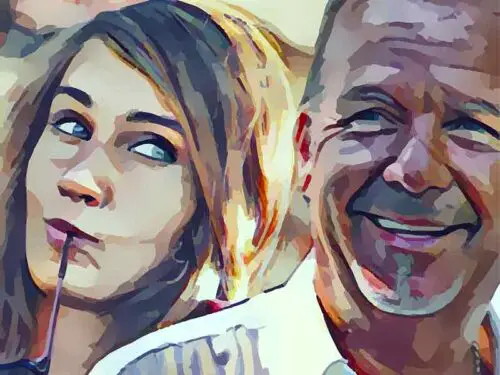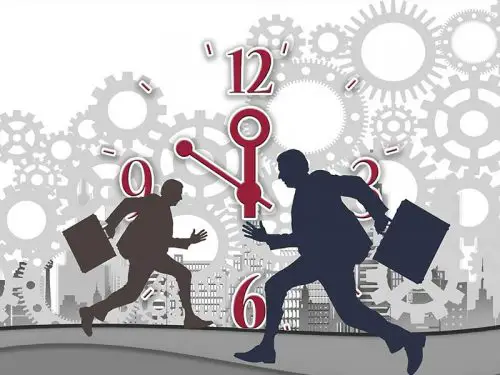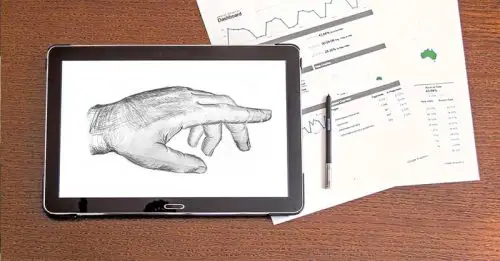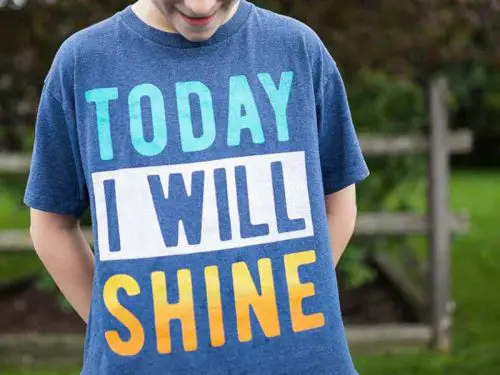Is Alcohol Making You Cry?: A few days back while watching a Sandra bullock starer comedy-drama called 28 days, I realized that movies based on Alcoholism or Alcoholic addiction are often showing the addict crying their eyes out whenever they are plastered.
This idea leads a person to recollect their own past experiences or an incident with a friend where they quoted this universal fact that “Alcohol makes me cry” which is quite the reason why people opt for alcohol when they are feeling down.
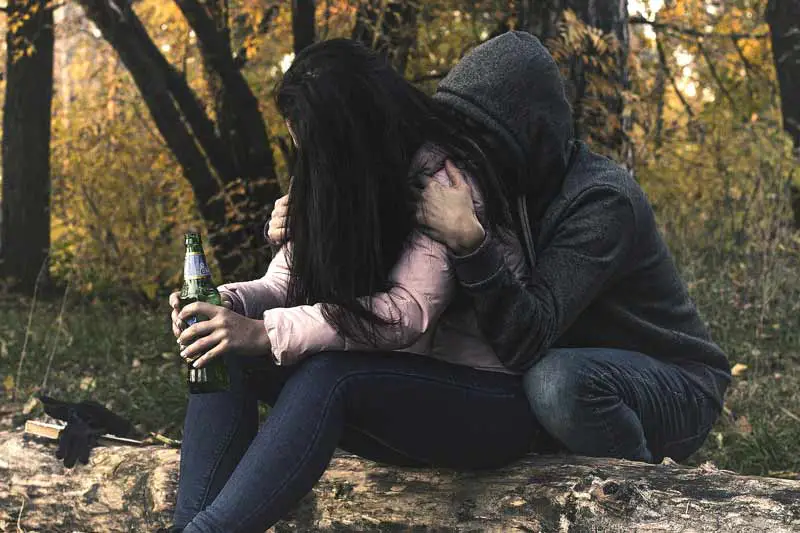
Inspiring your journey, one story at a time. #LifeFalcon.
People are often inclined to believe that alcohol would help them to go through emotional or even physical trauma because alcohol makes a person numb both physically and mentally which often results in crying.
Table of Content
Why alcohol makes you cry?
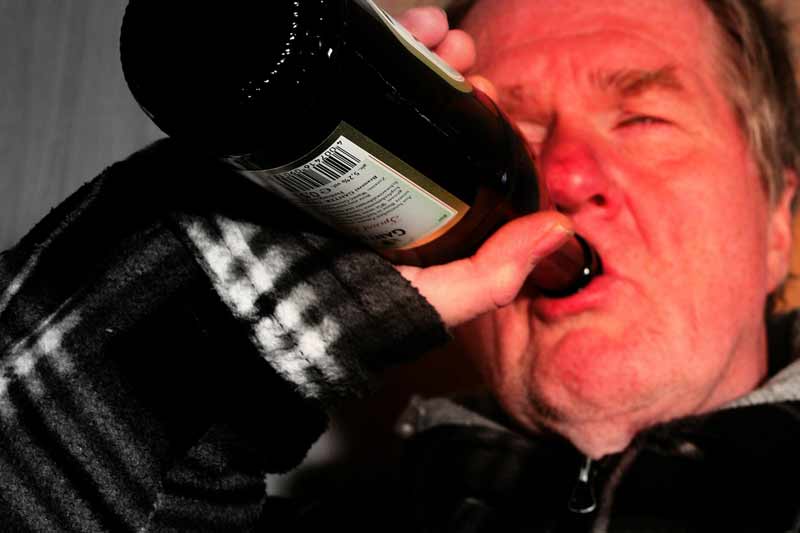
Alcohol acts as a bi-phasic drug i.e. it makes you feel positive and euphoric on its way up and when it is on its way down it is inclined to take you in depressive mode.
These effects of alcohol are associated with its effects on neurotransmitters, it affects mostly the pre-frontal part of the brain which is associated with our cognitive activities.
Moreover, when Alcohol is consumed in excessive amounts persistently it leads to affecting the limbic system, specifically the amygdala which is responsible for controlling emotional responses, and when it gets affected eventually alcohol makes a person cry.
So, when a person becomes drunk, they become emotionally unstable which leads to them making irrational decisions like urinating in public as a joke, calling an ex-love interest, etc.
People often opt for drinking as an option to numb the pain they are going through because of some emotional or physical trauma they went through but little do they know that they are making it worst by choosing alcohol as an antidote.
How is Alcohol-addiction affecting your psychology?
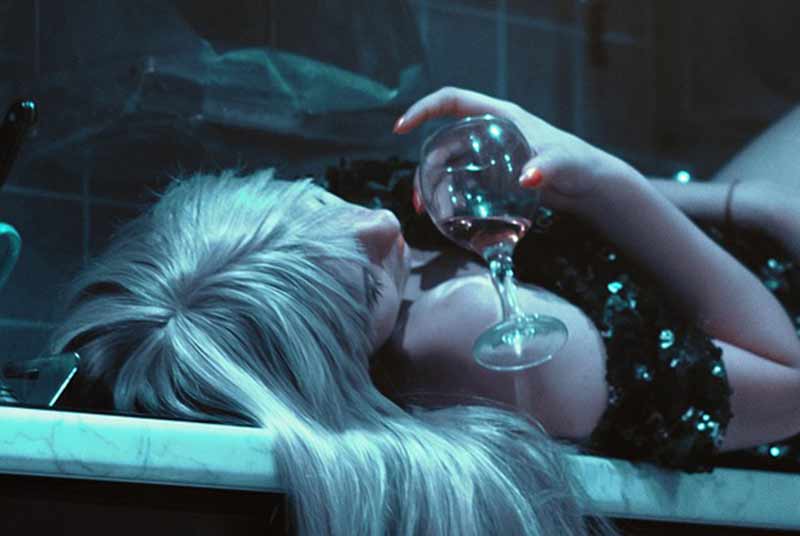
Alcohol making a person cry can be related to a deep-rooted psychological problem like depression.
A person suffering from depression is more likely to develop alcohol addiction than otherwise a mentally healthy person.
Various medical studies give the basis of the correlation between Alcohol addiction and depression. This study shows how depression is related to heavy drinkers and alcohol addiction.
Alcohol is a natural depressant and its effects become worse down the road. Though people chose it as a natural impulse to cope with various emotional un-stabilities you are more likely to get the blues or feel low.
So, it is better if you avoid alcohol as a coping mechanism especially if you are instigated with depression genes.
How is alcohol making things worse for you?
Alcohol affects the Serotonin levels in your brain. It modifies activities of specific serotonin receptor proteins and modifies serotonin at synaptic levels which leads to interruption of the electrical signal between the synapses which causes an interruption in processing information.
This effect of alcohol often leads a person to make bad decisions which can be avoided if one avoids making any major decisions while drunk.
These disturbing levels of alcohol are the reason for one becoming emotionally devastated. That’s why people with depression take SSRIs (selective serotonin reuptake inhibitors) which increase the level of serotonin.
This is the reason why people with depression should avoid using alcohol as a coping mechanism because it can make a person more depressed and often make a person cry.
Many people who are unable to cope with the after-effects of alcohol (one of which is having an ugly cry) are often at the potential risk of developing an Alcohol use disorder AUD which leads a person to either misuse alcohol or use it in extensive amounts.
Which Type of alcohol makes you cry?
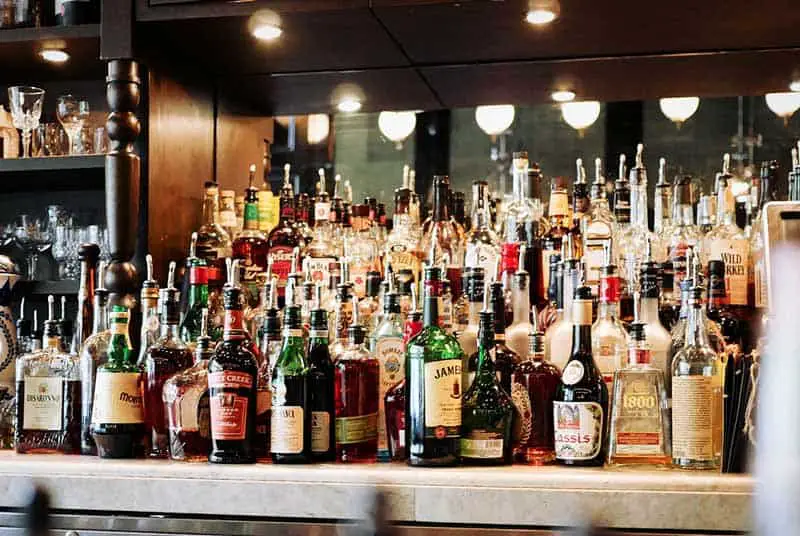
When it comes to knowing what particular type of alcohol makes me cry or is there ANY particular type of alcohol which makes me cry the most? The answer is: There is no scientific basis for that notion rather it depends upon the physiology of a person and differs from person to person.
The effect of alcohol on a person also depends upon the time a particular type of alcohol takes to get into the bloodstream. i.e. stronger alcoholic beverage makes its way to the bloodstream faster than lighter alcohol.
Different people responded quite differently when asked about the effect of different alcoholic beverages on their mood.
When it comes to men, they have reviewed gin to cause feelings of disgust and overwhelming response, shots made them develop anxious feelings, tequila made them scared and whiskey made them overwhelmed.
On the other hand, women reviewed wine as a beverage that makes them cry their eyes out and they reviewed whiskey to make them overwhelmed.
These surveys were studied and analyzed by a clinical psychologist who concluded that these responses are purely based on the physiology and psychology of a person consuming alcohol and also the potency of the alcohol being consumed.
What do the numbers say?
When a survey was done regarding how people feel when they get drunk different numbers were recorded related to different responses to alcohol consumption based on region, gender, and age.
When asked how does alcohol make you feel? More than half of the people (regardless of their age) responded that alcohol made them depresses at one point or another in their lives
A survey of more than 1,000 Americans concluded that people between the ages of 20-29 felt feelings of sadness, anxiety and became overwhelmed whenever they had a drink.
Nearly seventeen percent of young people between the ages of 20-29 responded that alcohol consumption made them feel sad while sixteen percent of respondents between the ages of 30 to 39 gave the same response.
When it came to false euphoric feelings that come with alcohol again the young people between the ages of 20-29 responded negatively and disagreed at the very notion of alcohol making a person happy
Though many older groups reported that they experience occasional happiness when they consume alcohol.
There can be several reasons why younger people respond to alcohol consumption negatively which include genetics, peer influence, physiology, psychology, education status, genetic, etc. Moreover, research has found that college students tend to take part in heavy drinking more often which often leads to depressive outcomes.
What should I do to stop alcohol making me cry?
If somehow you end up consuming alcohol and it is leading you to become more and more depressive then don’t take it too hard on yourself and try to deal with it with a more rational approach.
Here are some things you can do to avoid alcohol making you cry.
-
Don’t give in to your emotions:
Firstly, don’t use alcohol as a coping mechanism for any physical or emotional trauma as alcohol acts as a depressant and it will worsen the trauma rather than improving one’s condition.
Though it may feel tempting to opt for alcohol as a coping mechanism you should make yourself able to take the high road instead and not blame yourself for your current mood.
Try to take your mind off from things that bother you and deal with it more rationally.
-
Try to stay hydrated:
When you find yourself overconsumed by alcohol try to get more and more water into your system, drinking large quantities of water will cleanse your system, detoxify your body and rehydrate you as alcohol can lead to dehydration.
Having lots of water will help you deal with the emotional effects of a hangover and even the physical symptoms too.
-
Start doing some sort of Physical exercise:
If you are dealing with a bad hangover after a rough night then going out for a walk might be a good idea as fresh air helps you gain a good amount of oxygen and lift your mood.
You can also spend some time in sunlight as it can help your body to elevate serotonin levels and therefore release depression.
It’s better to acquire some sort of physical exercise in order to avoid alcohol dependency.
-
Develop a hobby:
You can opt for any fun activity to keep your mind off from things that induce stress or lead to depression.
Developing a hobby can often keep you busy in your free time and help you avoid depressive feelings.
Though sometimes when a person does not feel up to start doing something new, they can go for several other activities like
- Arts and crafts
- Board games
- Gardening
- Household projects
- Cleaning
- Home decor
- Doodling
- Watching funny videos
- Watching a good humorous show
- Reading a good book
You can always go for a walk with your spouse, friend, or children which can certainly lift your mood.
-
Seek Help:
If you continuously find yourself dwelling in a depressive state and none of your efforts seem to help your alcoholic addiction then you can always seek professional help.
A therapist can always help you to
- look into your mental health problems more deeply
- identify the cause of your depression
- give you a deep insight
- Suggest you a treatment plan
Whether you suffer from alcoholic-depression or non-alcoholic-depression it’s always beneficial to seek help. But if you are suffering from alcoholic depression it’s better to reach out to a specialized therapist who treats co-occurring Alcoholism and depression.
What are the alternatives?
-
Try to do moderate drinking if you must:
Keeping the count of your tequila shots is always a good idea when one is out. Whether you are celebrating or dealing with remorse its’s never a good idea to go for Heavy drinking.
As the National Institute on Alcohol Abuse and Alcoholism guidelines state that moderate drinking denotes that two drinks per day for men and one drink per day for women.
Though having an extra drink or two does not strictly count as Heavy drinking but one should stay vigilant.
-
Don’t bat an eye on Safe drinking:
There are some tips and tricks one can follow to avoid alcoholic depression and even hangovers.
These tips include
- Keep the track of your drinks and try to drink slowly i.e. not more than one drink per hour.
- Stay hydrated while keeping water beside you when you start drinking. It will help you to stay hydrated.
- Try to take some good nutritious meal before drinking which can help your body to mask the harmful effects of alcohol.
-
Don’t drink out of guilt or emotion:
Don’t start drinking because you had an awful evening or your interview for a job didn’t go well.
These reasons are not good enough for alcohol making you cry.
Whenever you decide to have a drink make sure you are in full control of your emotions and you have both the emotional and physical capacity to handle a drink.
You should stop drinking the very moment you think you are no more capable of handling it or you are experiencing side effects.
-
Try to cope with negative feelings without drinking:
There are several ways to cope with a bad day or a deep-rooted emotional trauma without having to consume alcohol like
- indulging in some physical activity e.g. exercising, sports, yoga, etc.
- Keeping a journal for your daily activities or major life events can help you to reminisce your whole day and therefore provide you emotional stability.
- Having a family gathering once in while can help you build stronger bonds and provide you emotional stability.
- Seeking professional psychological help is always a good option when you think it’s needed.
The bottom line:
Though drinking may seem an approachable option to deal with the emotional dilemma it’s not much of a sane choice when it comes to mental well-being.
As alcohol messes with the limbic system of the brain it’s very likely that you will forget whatever you said and whoever you said it to. Alcohol while decreasing the serotonin levels in your brain makes you depress and therefore leading you to cry your eyes out.
Alcohol often amplifies one’s emotion therefore unleashing the exaggerated version of one’s personality. So, if you are already depressed or dealing with some emotional trauma then alcohol is more likely to aggravate your depressive state while worsening your condition.
As alcohol is a natural depressant so it’s quite plausible that it will make you cry even if you were not so depressed that day. So, it’s better to stick with water while you are in a depressive state.
Even if on some occasions you feel delighted after consuming alcohol then keep in mind that it’s just faux euphoria and soon your serotonin levels are going to get low.
So it’s better to avoid drinking as a coping mechanism if you don’t want to shed tears afterward and if you must have a drink then stick by the official guidelines as mentioned above.






